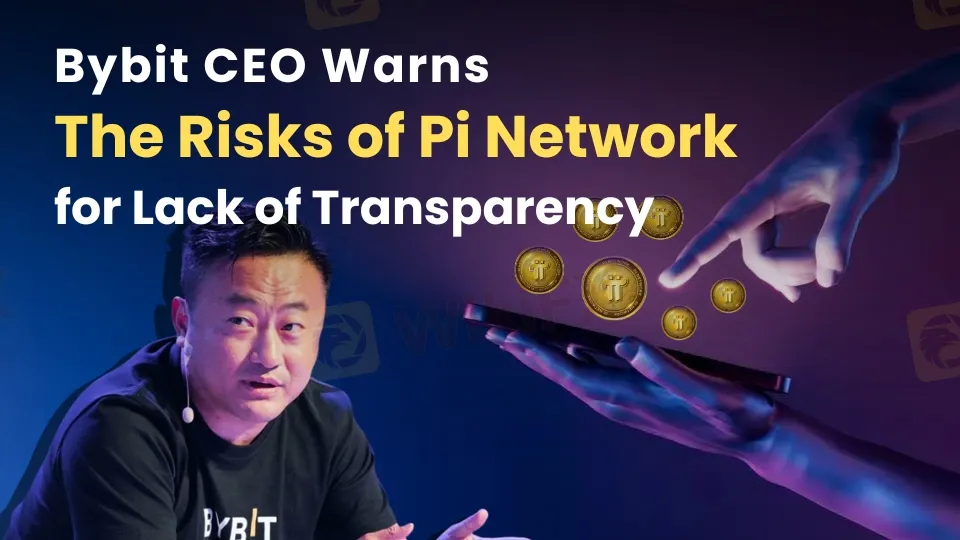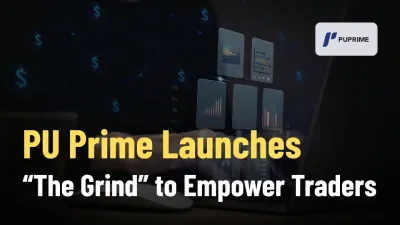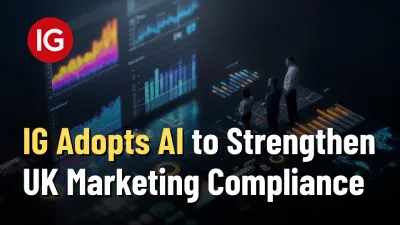Abstract:Bybit's Ben Zhou highlights the dangers of Pi Network, emphasizing transparency issues and the risks of crypto trading for inexperienced users.

Bybit CEO Calls Pi Network a Threat to Inexperienced Crypto Users
In an interview with the Vietnamese newspaper VnExpress in February 2025, Ben Zhou, CEO of Bybit—a prominent cryptocurrency exchange—criticized the Pi Network project and its native cryptocurrency, $PI. Zhou explained why Bybit has no plans to list $PI, pointing out that many Pi Network members lack basic knowledge about cryptocurrency. “They‘re ’aunties and uncles,” he remarked, suggesting that they have little understanding of blockchain technology or its origins.
“Many people ask us: ‘Will Pi be on Bybit?’ Although we dont engage deeply with this project, we still conduct fundamental research on it, just like we do with other cryptocurrencies,” Zhou commented. His statements emphasized a cautious stance toward Pi Network, particularly aimed at individuals who may have been swayed by crypto summits or hype.
Reason #1: Lack of Transparency
Zhous primary critique of Pi Network is its lack of transparency, which he described as vague despite appearances to the contrary. His concerns come in the wake of a major hack targeting Bybit, which occurred after Pi Network launched on an open mainnet and $PI was listed on other exchanges. In that incident, over $1.46 billion was stolen from the Bybit platform, an attack attributed to the North Korean Lazarus Group.
Zhou stressed that the hack could have been far worse if not for Bybit‘s commitment to openness. “Transparency is critical in the crypto world,” he said, adding that Pi Network appeared opaque even at face value. Another red flag for Zhou was the absence of a visible development team. “The really weird part is you just don’t see the back-end team. They mention a ‘Stanford guy,’ but you never see them in real life or hear anything substantial,” he explained. Zhou suggested that the Pi Network team should hold regular discussions—perhaps via livestream—“so we can see what you actually want to build.” Instead, he claimed, the Pi Network team targeted Bybit with criticism rather than addressing these concerns.

Reason #2: No Roadmap, Missed Deadlines
Zhou also warned about Pi Network‘s failure to deliver on promised roadmaps and timelines. The project has repeatedly missed deadlines, leaving its system clunky and user-unfriendly, much to the disappointment of $PI miners who were promised a clear path to success. “Their ads claim, ’You only have to click here and you‘ll make a ton of money’—for free—but they dont explain how that works,” Zhou noted. He added that many users end up with nothing, experiencing occasional “drops” of value instead of real gains.
Drawing a comparison to meme coins, Zhou argued that Pi Network‘s mining campaign resembles a Ponzi scheme: early adopters may profit, while latecomers are left empty-handed. “It’s closer to a Ponzi structure than a sustainable model,” he said.
Reason #3: Targeting the Inexperienced
Zhou was particularly harsh in his assessment of Pi Network‘s user base, calling it “a generational pile of nonsense that has no concept of how hard money works.” He contrasted it with meme coin traders, whom he described as having at least some awareness of risk management. “Meme coin players know what they’re getting into and own their decisions. Pi Network, on the other hand, attracts users who dont understand the dangers,” Zhou explained. He labeled it a project that lures in “green hands”—newcomers to crypto—without providing proper education or safeguards.
Conclusion
Zhous comments highlight the warning signs surrounding Pi Network, suggesting its model poses significant risks, especially to inexperienced users. He emphasized that transparency, accountability, and responsible development are essential in the cryptocurrency industry. “A build-it-backward approach like Pi networks will struggle to earn trust from serious investors,” Zhou concluded, noting that the industry is evolving beyond such projects.











